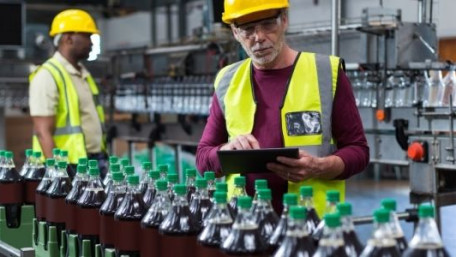
Industrial risk assessments can be qualitative or quantitative; discover which RA best suits your facility’s needs and why.
Industrial risk assessments can be qualitative or quantitative; discover which RA best suits your facility’s needs and why.
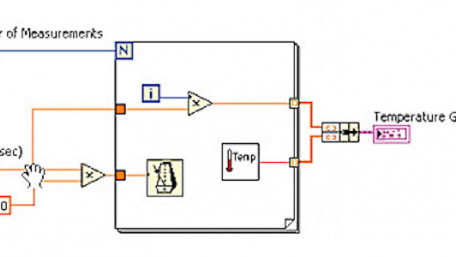
Within this first article in the LabVIEW series, learn the basics of how LabVIEW works and some modern applications of…
Within this first article in the LabVIEW series, learn the basics of how LabVIEW works and some modern applications of the platform.
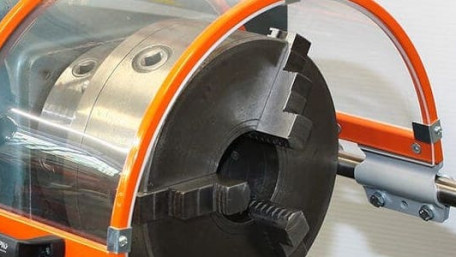
During national safety month, let's dive into a safety feature required by OSHA: machine guards.
During national safety month, let's dive into a safety feature required by OSHA: machine guards.
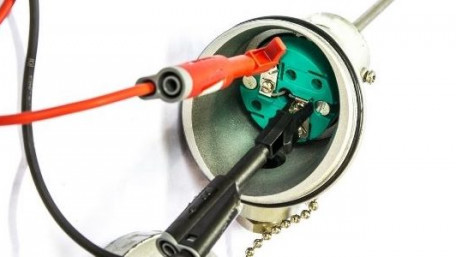
Learn how resistance temperature detectors (RTDs) work, how to calibrate one, advantages and disadvantages, and uses in industry.
Learn how resistance temperature detectors (RTDs) work, how to calibrate one, advantages and disadvantages, and uses in industry.
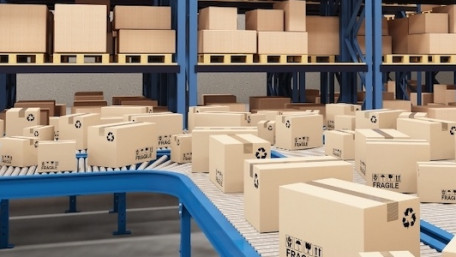
Learn about warehouse control systems and some of the industrial equipment used to control the distribution of goods…
Learn about warehouse control systems and some of the industrial equipment used to control the distribution of goods through the warehouse or facility.

Start to understand the difference between analog and digital communications, and read a few examples of how analog,…
Start to understand the difference between analog and digital communications, and read a few examples of how analog, digital, and discrete signals can be used in a control system.
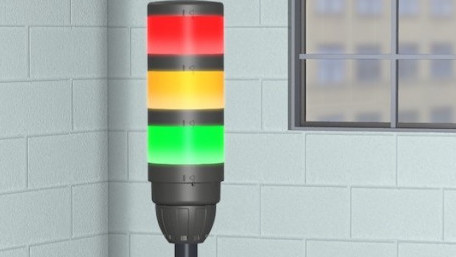
Each machine on the factory floor comes with risk; learn common safety risks and corresponding automation solutions.
Each machine on the factory floor comes with risk; learn common safety risks and corresponding automation solutions.
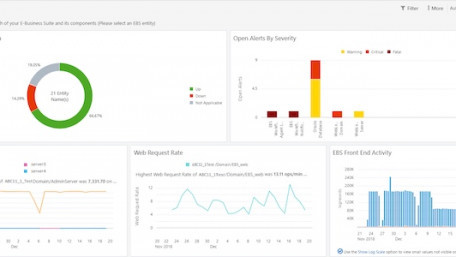
Explore several common ERP systems on the market and how engineers work with them in manufacturing facilities.
Explore several common ERP systems on the market and how engineers work with them in manufacturing facilities.
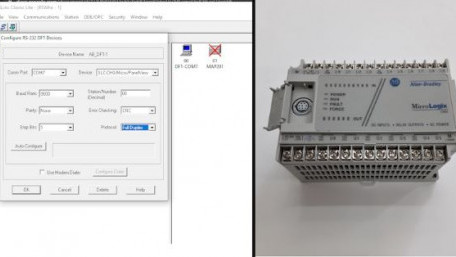
Data transmission rates are auto-negotiated in modern protocols, but for older serial connections, both devices must…
Data transmission rates are auto-negotiated in modern protocols, but for older serial connections, both devices must agree on what baud rate to use to ensure reliable communications.

Dive into why protocols are essential in industrial remote monitoring along with the most common types of open protocols…
Dive into why protocols are essential in industrial remote monitoring along with the most common types of open protocols seen in facilities.
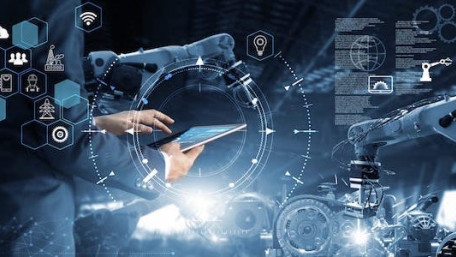
This article in our continuing series about remote monitoring covers equipment and devices necessary to establish a…
This article in our continuing series about remote monitoring covers equipment and devices necessary to establish a remote monitoring mechanism.
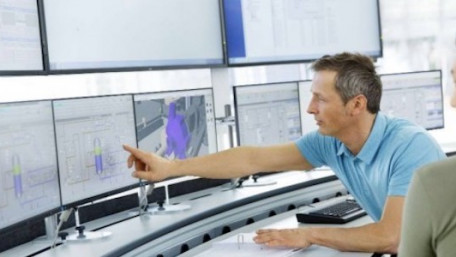
Learn about the different types of industrial remote monitoring and some of the various remote monitoring processes used…
Learn about the different types of industrial remote monitoring and some of the various remote monitoring processes used in industry.
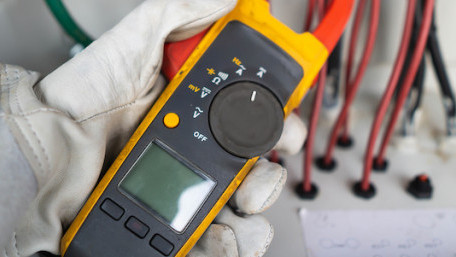
From plant management to tuning your control system, there are a few specific math concepts you may need to know.
From plant management to tuning your control system, there are a few specific math concepts you may need to know.
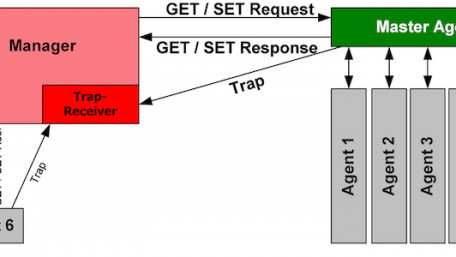
This article discusses common implementations of UPS in control systems and important design considerations.
This article discusses common implementations of UPS in control systems and important design considerations.
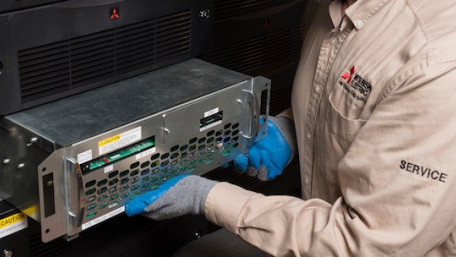
Learn the general functionalities and different types of uninterruptible power supplies (UPS) and why they are important…
Learn the general functionalities and different types of uninterruptible power supplies (UPS) and why they are important in control systems.
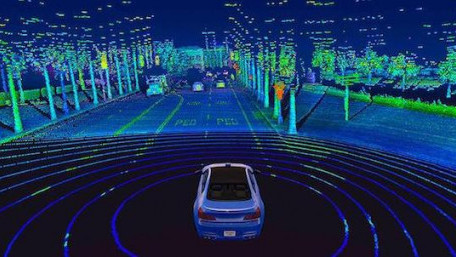
Learn about safety in LiDAR sensors from different perspectives and some safety-rated applications.
Learn about safety in LiDAR sensors from different perspectives and some safety-rated applications.

Learn about the different ways control engineers can record, report, maintain, and read emissions data to promote a…
Learn about the different ways control engineers can record, report, maintain, and read emissions data to promote a greener industrial environment and adhere to environmental regulations.

This article discusses industrial emissions, looks at the control engineer's role in monitoring emissions levels, and…
This article discusses industrial emissions, looks at the control engineer's role in monitoring emissions levels, and introduces the governing bodies that set forth environmental regulations.
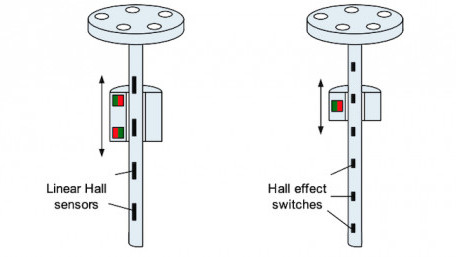
Learn about how Hall-effect sensors are used in linear and electric motor applications, including brushed and brushless…
Learn about how Hall-effect sensors are used in linear and electric motor applications, including brushed and brushless DC motors.

Learn about the requirements and importance of a gas leakage detection system.
Learn about the requirements and importance of a gas leakage detection system.
